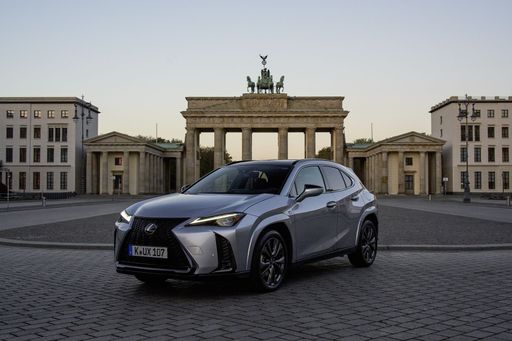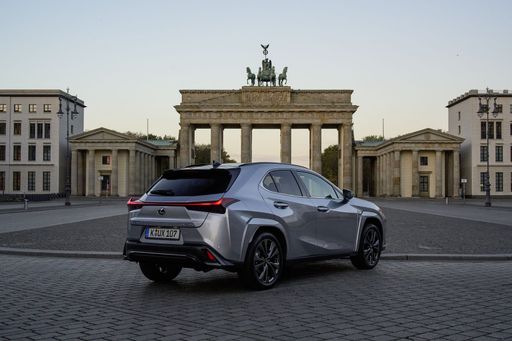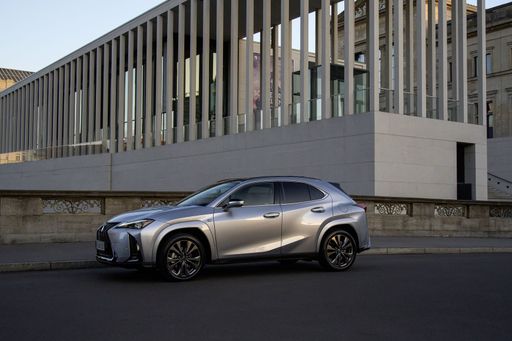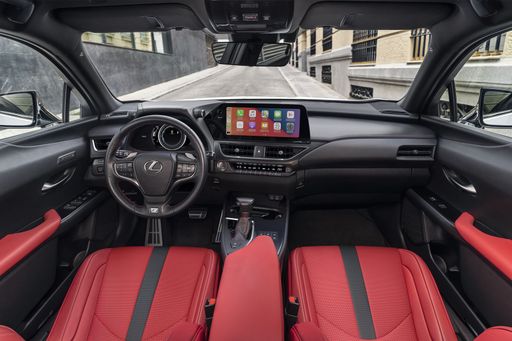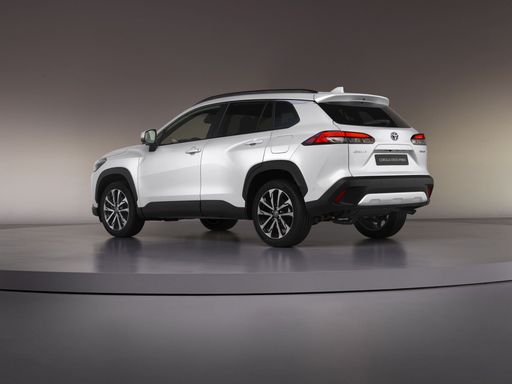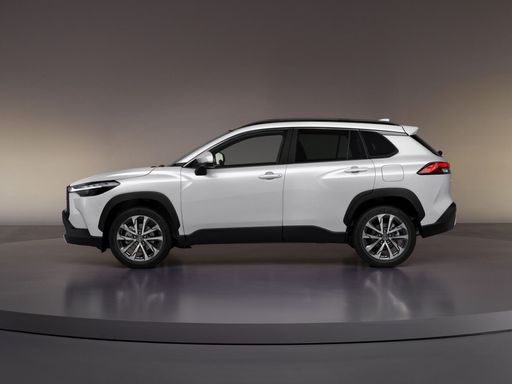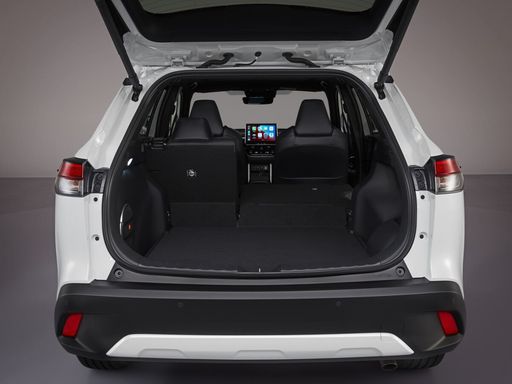Urban couture versus the everyday companion
Think of the Lexus UX as the city sophisticate: compact, curated and clearly aimed at buyers who want premium detailing and a bit of sartorial flair on the driveway. The Toyota Corolla Cross arrives with a different brief — less about making a statement and more about covering all the bases reliably and with sensible packaging. One feels like an indulgence for urban life, the other like the pragmatic choice that still manages to be likeable.


